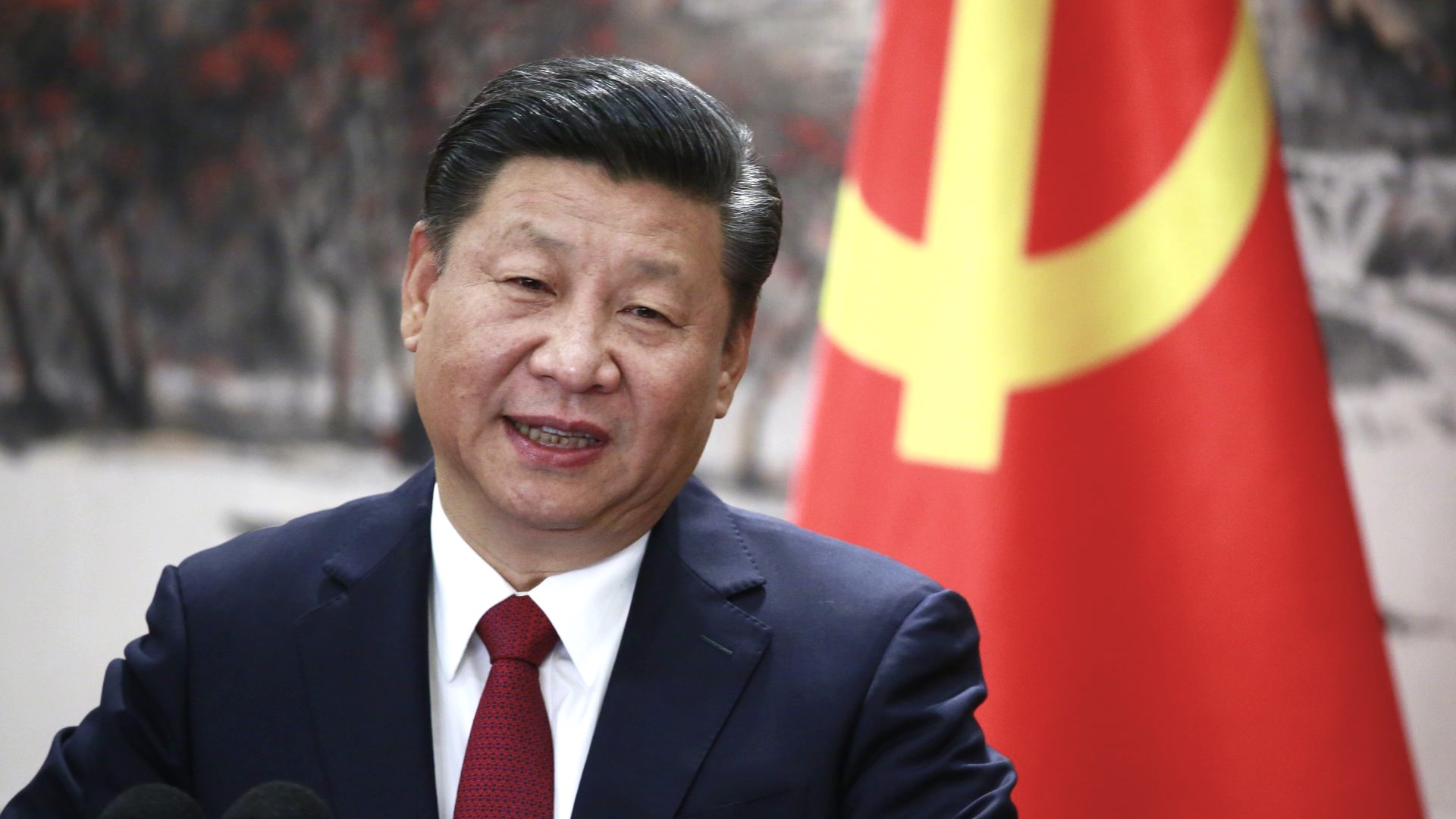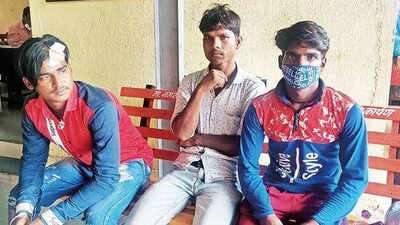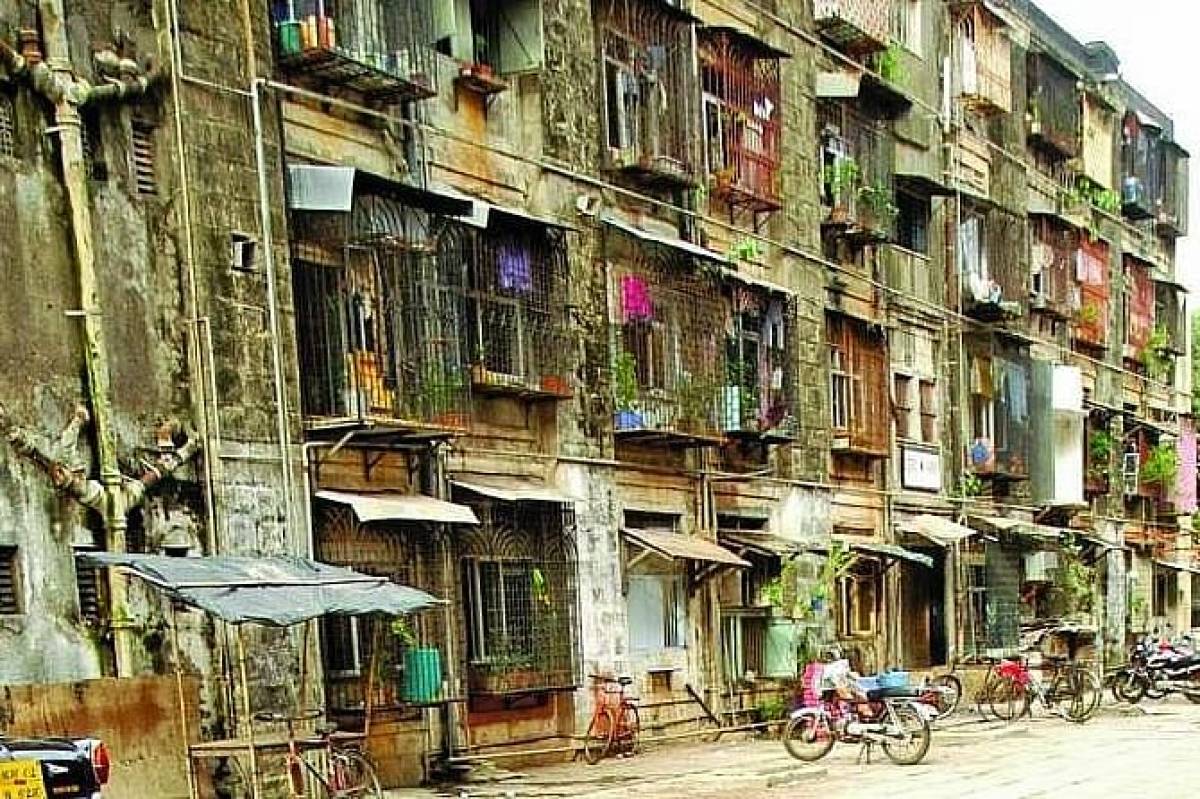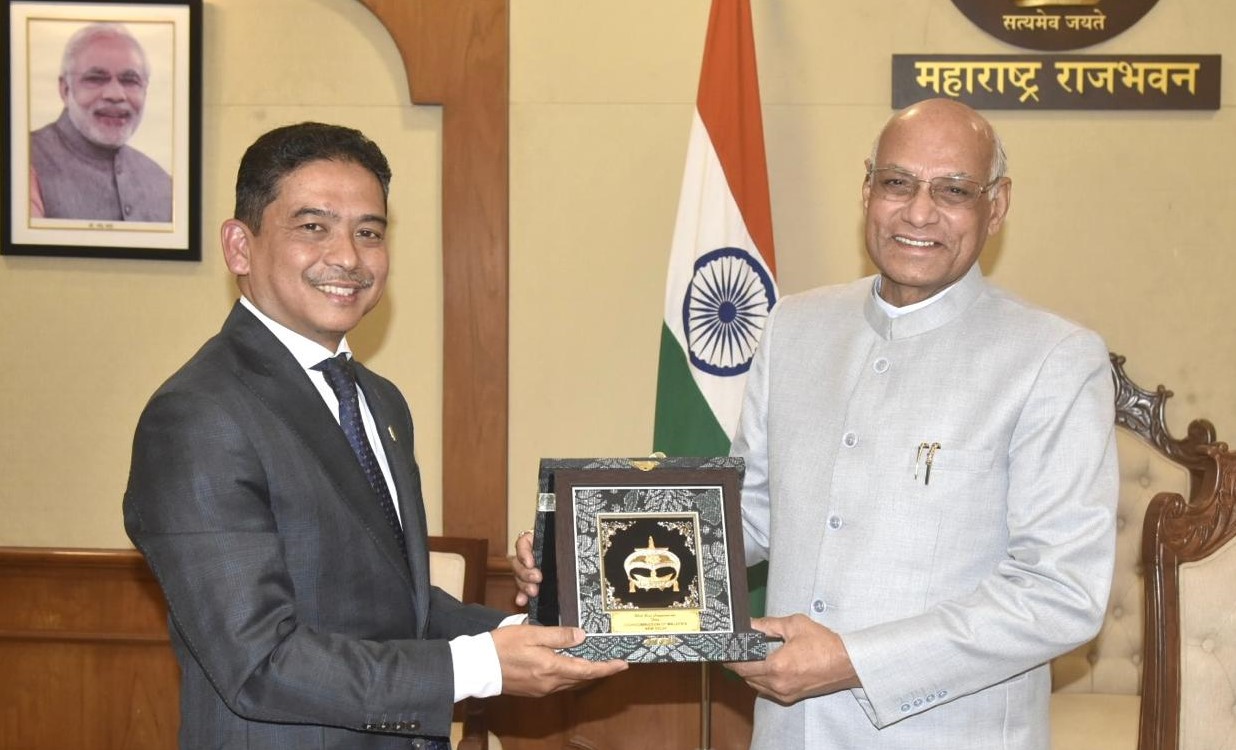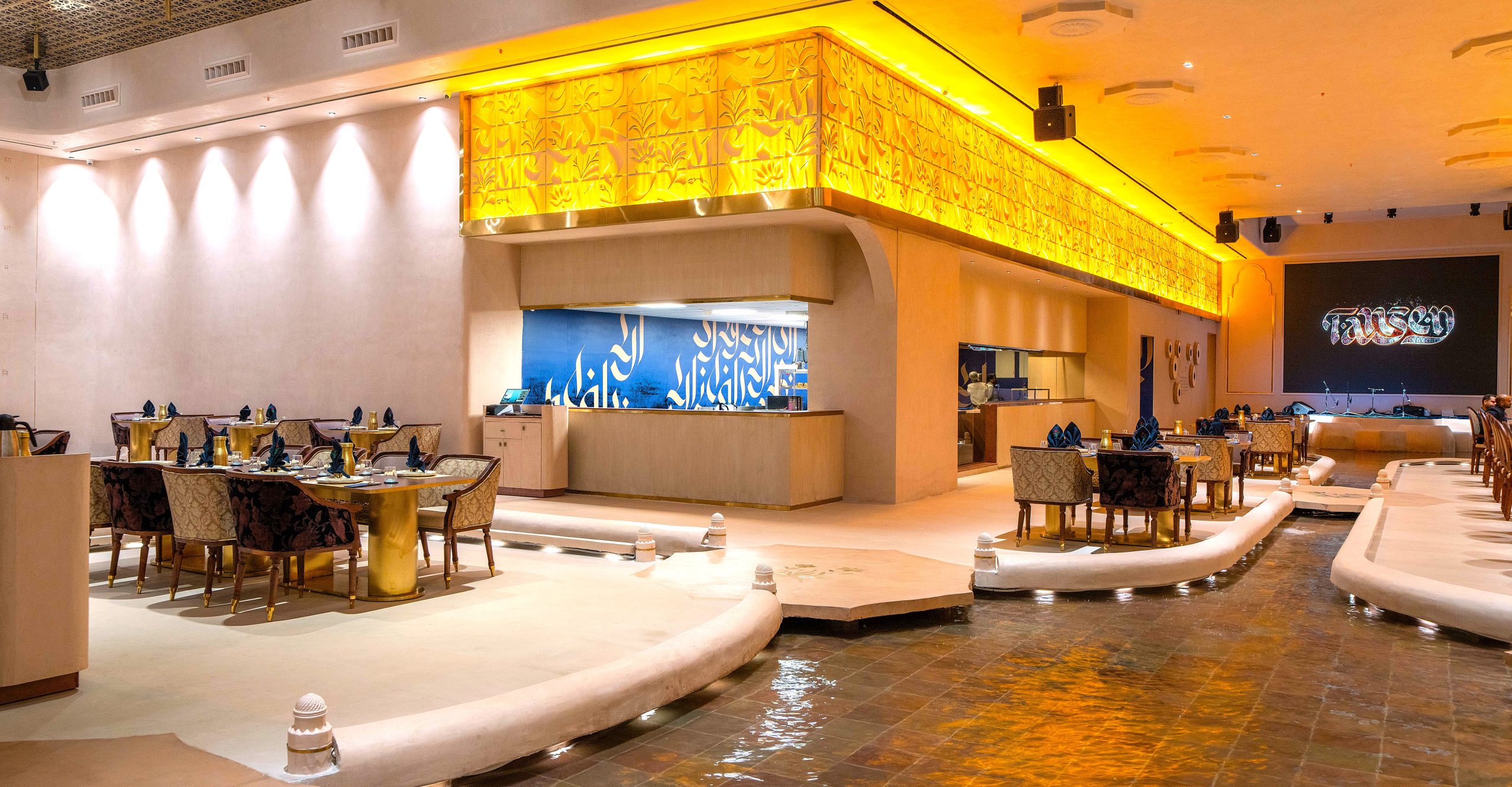Mewati Sitaram – Beijing
Much awaited “Two Sessions” of China’s annual parliamentary event opened on Saturday, 4th March 23. The session will formalize the top leadership transition and confirm a third successive term for President Xi Jinping. The session will nominate a new premier, the second-in-command after Mr Xi, as the incumbent Li Keqiang departs. Political appointments for the rest of the Politburo Standing Committee, Mr. Xi’s cabinet, will also be made.
It is worth mentioning that since the meetings of the NPC and the CPPCC National Committee overlap, the event is named as “Two Sessions” of the Chinese Communist Party (CPC). The Chinese People’s Political Consultative Conference (CPPCC) National Committee is the top political advisory body whose members offer proposals for the deliberation of state affairs. In principle, as China’s top legislature, the NPC is the most powerful state body under the Chinese constitution.
Wang Chao, spokesperson for the first session of the 14th NPC, pointed out eight specific areas where the country will focus on in years to come. They are inclined to focus more on implementing the strategy of invigorating China through science and education, building a strong socialist culture, upholding and improving the people’s congress system, building a high-level socialist market economy, promoting green development, improving social governance system and improving the legal system for national security etc.
This year’s legislation will deliberate on emerging national issues, and concerns relating to Beijing’s foreign policy. The NPC Standing Committee has divided 35 bills into eight categories for initial and subsequent consideration. The session is being attended by nearly 3,000 NPC deputies and over 2,000 members of the CPPCC National Committee

Editor in Chief : Mewati SItaram

